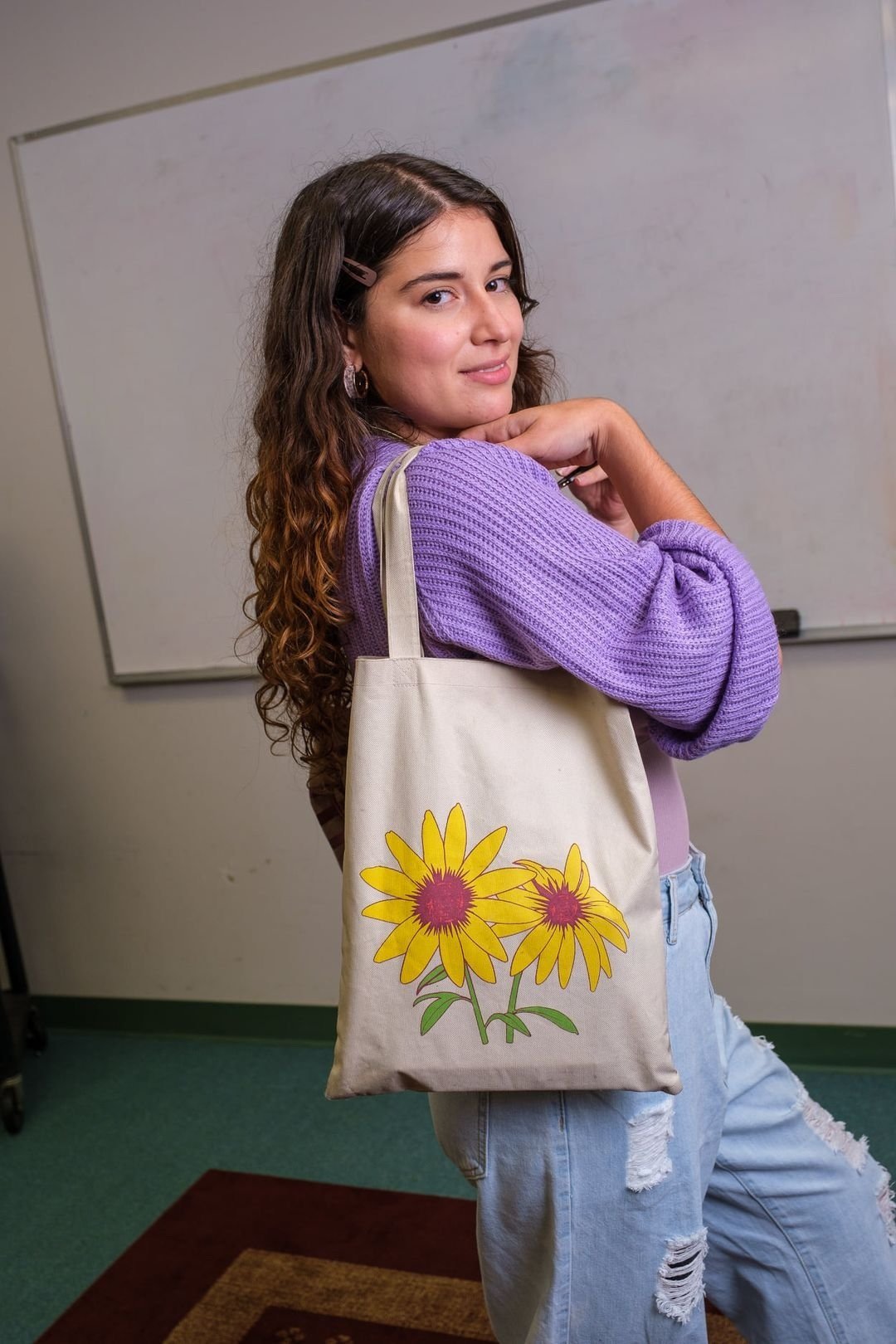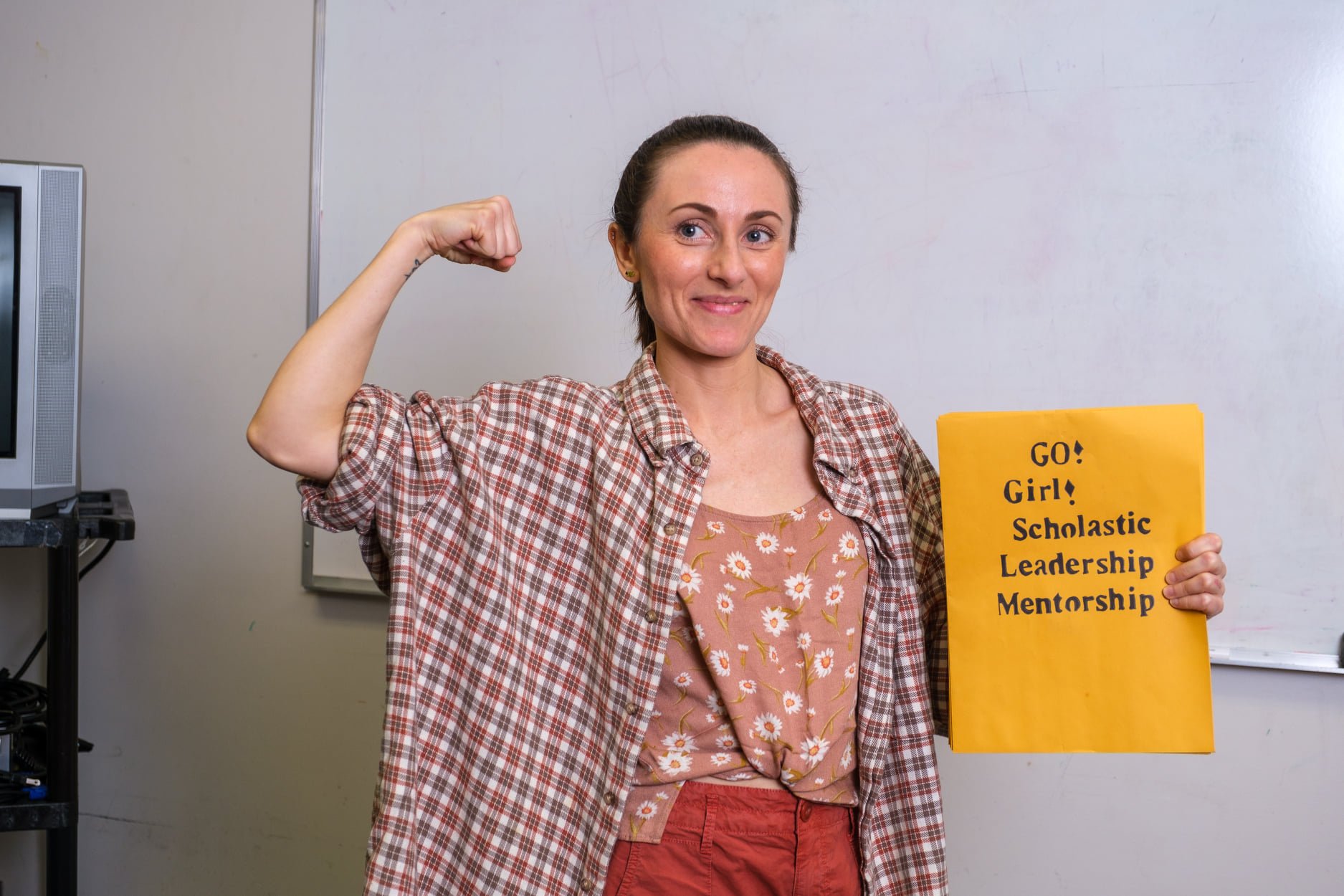SEASON 34 | Nov & Dec 2021
The Thanksgiving Play
by Larissa Fasthorse
directed by Melissa Vogt
presented by Different Stages
For the safety of the actors, staff and everyone in the theatre, Different Stages is requiring all Audience members to show proof of vaccination or a negative Covid test within 5 days of the performance. This can be sent via e-mail to the Vortex or presented at the box office.
Different Stages returns to live performances with Larissa Fasthorse’s (Sicangu Lakota Nation) The Thanksgiving Play. Ah, Thanksgiving, that most American of holidays: when families gather to bask in the bounty of the harvest, football, giant balloons — and a legacy of genocide and violent colonial expansion. Good intentions collide with absurd assumptions in this wickedly funny satire as a troupe of terminally “woke” teaching artists trip all over themselves to create a politically correct, yet historically accurate, yet dramatically revolutionary, yet accurately represented and responsibly cast Thanksgiving play for elementary schools.




Production Team
Directed by Melissa Vogt (Dracula-Different Stages) The Thanksgiving Play features Luke Wallens (They Serve Brisket in Paradise-Frontera Fest), Chiara McCarty (Trade with Klan-Southwest Theatre Productions), Greg Ginther (The Magic Fire-Different Stages) and Cassandra DeFreitas (The Tin Woman- Wimberley Players). Understudied by Angelina Zulas.
ABOUT THE PLaywright
Larissa FastHorse is a playwright and performing arts advocate illuminating Indigenous processes of artmaking and storytelling as well as Native American perspectives on contemporary life. A member of the Sicangu Lakota Nation, FastHorse combines a keen sense of satire and facility with dramatic forms in plays that are funny, incisive, and, at times, deeply unsettling for audiences faced with the realities of Native Americans' experience in the United States.
FastHorse's first play, Average Family (2007), depicts a reality TV show featuring two families—one Indigenous, the other White—whose members are challenged to live for a summer with only the materials that would have been accessible to them in the early nineteenth century. This dark comedy conveys the marginalization of Indigenous people in a growing America while also pointing to their erasure from American history. The Thanksgiving Play (2018) centers around the folly of “woke” White educators attempting to write and direct a socially and historically responsible Thanksgiving play without consulting with or including Native Americans. Interspersed among scenes involving the earnest but angst-ridden teachers and two hired actors are depictions of actual Thanksgiving activities in public schools, emphasizing the ways in which the colonial myth of the holiday is perpetuated. Steeped in satire, the play also exposes the complications and contradictions involved in redressing injustices of the past. FastHorse is currently at work on a trilogy of devised, place-based plays. For each work, she and collaborators undertake a years-long immersion with Native communities, engaging in an Indigenized process of creation to build a story and characters based on real people responding to local issues. She worked with the Tongva and other Native communities in the Los Angeles area for Urban Rez (2016). Structured as a cultural fair and involving many non-professional actors, the play addresses issues such as blood quantum controversies and the fight for federal recognition for the original tribes of the Los Angeles area. Native Nation (2019), created with members of almost all of Arizona's 22 sovereign nations, explores issues of concern to them, including the foster system and environmental justice. The final play in the trilogy will focus on FastHorse's own Lakota people of South Dakota.
In addition to playwriting, FastHorse is the co-founder of Indigenous Direction, which advises on theater and film projects that address Native issues, and she speaks widely on how to build sustainable, reciprocal relationships with Native American communities. FastHorse is creating space for Indigenous artists, stories, and experiences in mainstream theater and countering the misrepresentation and erasure of Indigenous concerns in broader society.
